Last week, NASA announced it is now targeting the Artemis 2 mission program to send four astronauts around the Moon in September 2025, and the Artemis 3 program to land humans on the Moon's south pole for the first time in more than half a century in September 2026.
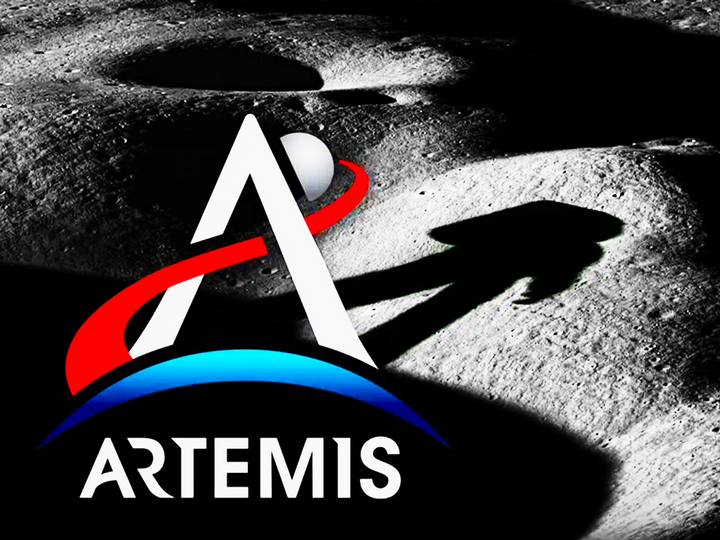
US Congress tells NASA: “America must beat China on the journey back to the Moon.” (Photo: NASA)
This timeline has been delayed by a year for each Artemis program, allowing more time for research and testing of key Artemis hardware, such as the crew heat shield on NASA’s Orion spacecraft, which is not working as well as expected. So the delays in NASA’s Artemis lunar programs are worrying some members of Congress.
On January 17, the US House Committee on Science , Space and Technology held a hearing on the new Artemis plan, at which many members expressed concern about the program's delay. Chairman of the US House Committee on Science, Space and Technology, Frank Lucas, said in his opening remarks: "I want to remind my colleagues that we are not the only country interested in returning humans to the Moon."
“China is actively seeking international partners to join in its lunar mission, building a lunar research station and has declared its ambition to land astronauts on the moon by 2030. This is important because the first country to return to the moon will likely set a precedent for whether future lunar activities will be conducted in an open and transparent manner, or in a more restricted manner,” he added.
The ranking member of the committee, California Democrat Zoe Lofgren, expressed a similar sentiment. “I support the Artemis mission program. But I want it to succeed first, especially with China coming after us. And we want to be a useful part of this committee to make sure that the Artemis program is strong and on track as the United States looks to lead the world in lunar exploration,” Lofgren said in her opening remarks.
“It’s no secret that China has a goal of surpassing the United States by 2045 to become the global leader in space,” said another official, Rich McCormick, during the hearing. “We can’t allow that to happen. I think the lead we have in space technology will protect the United States not only in our economy, but in technologies that can greatly benefit all of humanity.”
HUYNH DUNG (Source: Space)
Source






![[Photo] Cuban artists bring "party" of classic excerpts from world ballet to Vietnam](https://vphoto.vietnam.vn/thumb/1200x675/vietnam/resource/IMAGE/2025/6/26/797945d5d20b4693bc3f245e69b6142c)

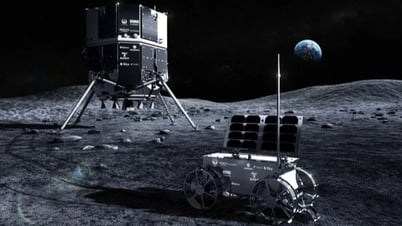






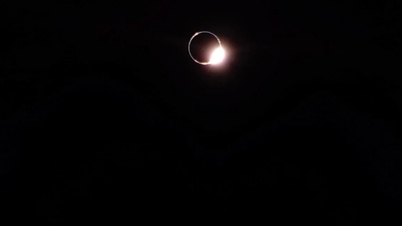




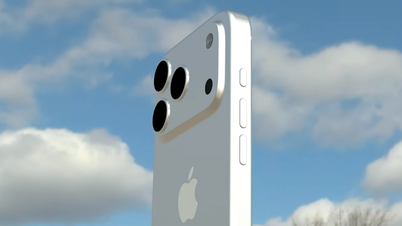

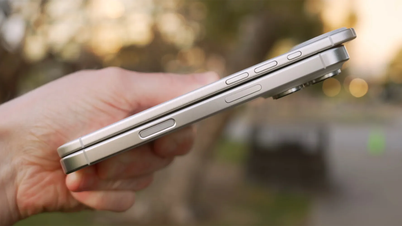



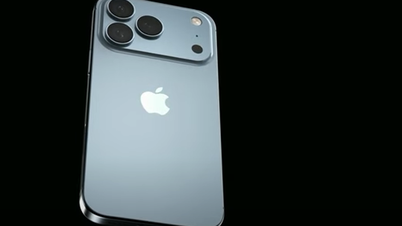









![[Photo] General Secretary To Lam receives Australian Ambassador to Vietnam Gillian Bird](https://vphoto.vietnam.vn/thumb/1200x675/vietnam/resource/IMAGE/2025/6/26/ce86495a92b4465181604bfb79f257de)



















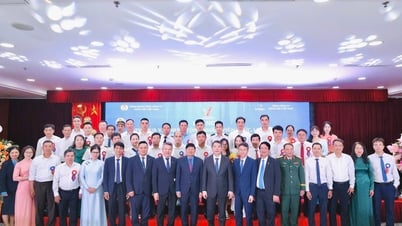






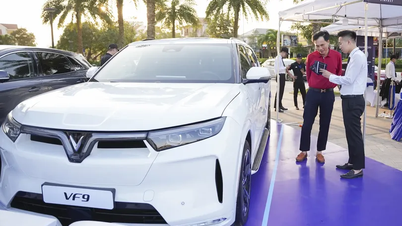






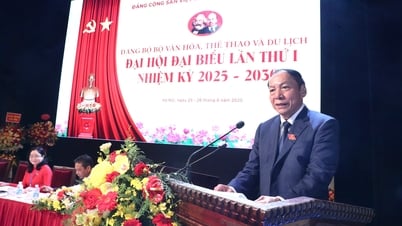

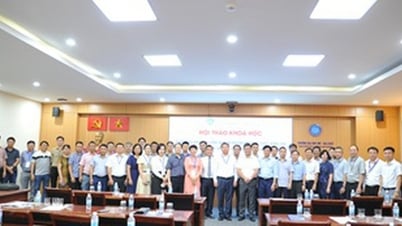






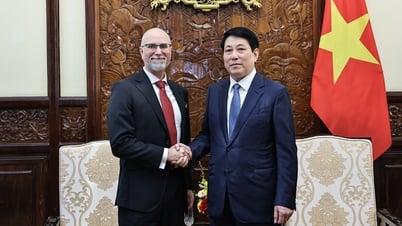

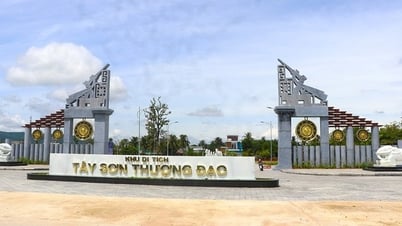


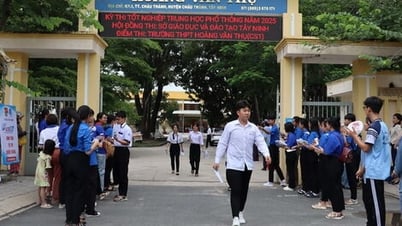
























Comment (0)